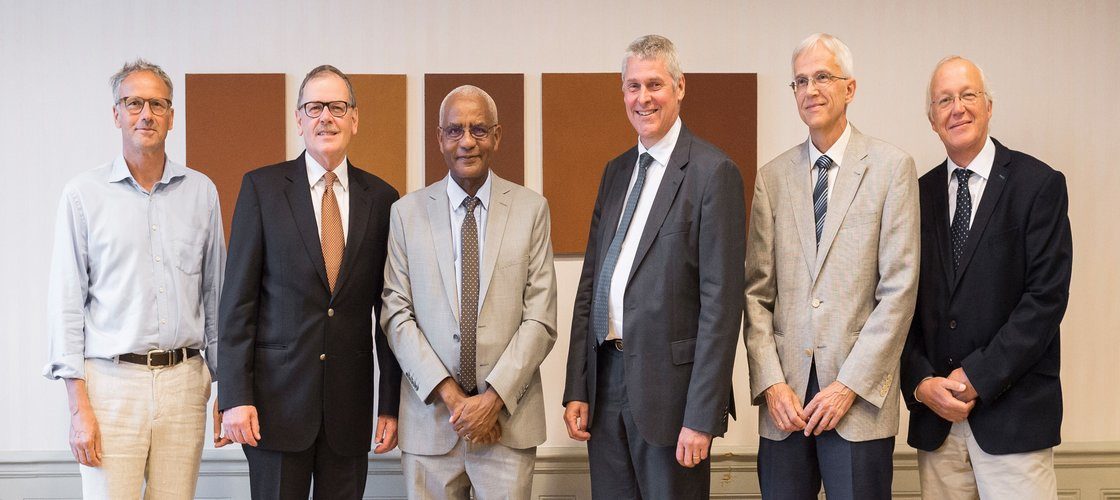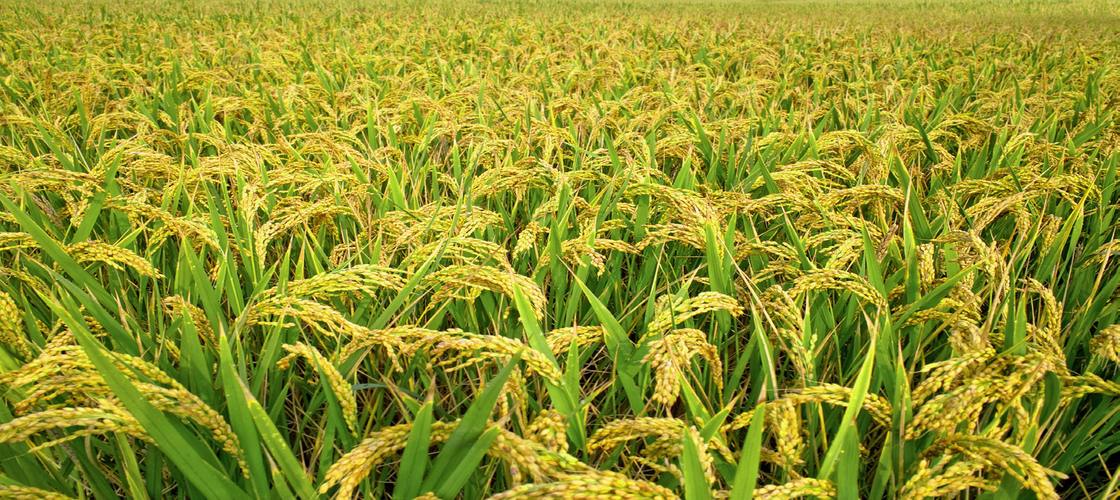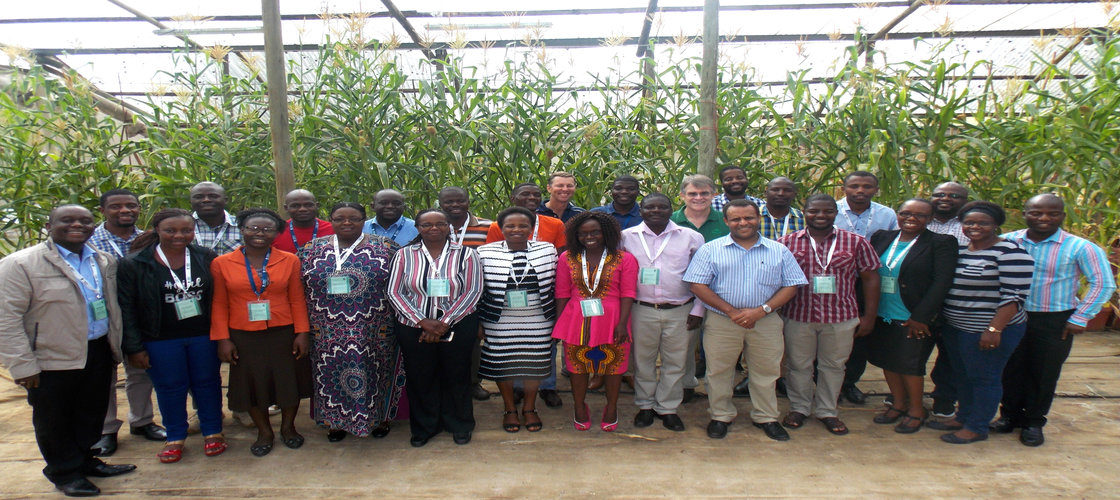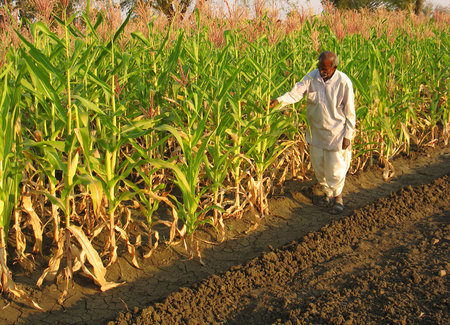
AAA-Maize
Since 2013, the Syngenta Foundation has partnered with CIMMYT and Syngenta in a unique Public-Private Partnership (PPP). Its aim is to develop drought-tolerant, low-cost hybrid maize varieties for low-rainfall areas of South Asia. This partnership integrates African drought-tolerance traits from CIMMYT’s germplasm collection into elite parental lines from Syngenta. We are licensing the resulting affordable, accessible, Asian (AAA) triple-cross varieties to small, local seed producers. These companies will ensure seed multiplication and availability to farmers in drought-prone areas of South Asia.
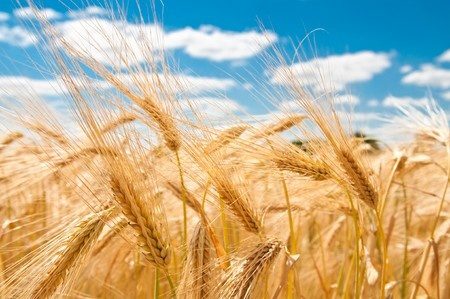
International Wheat Yield Partnership (IWYP)
IWYP is a novel funding and coordination partnership. It brings together research funders, international aid agencies, foundations, companies, and major wheat research organizations. Together, they aim to help raise wheat’s yield potential by up to 50% over the next 20 years. Increasing yield is one of the key aims of the Wheat Initiative. Our role in this partnership is to develop appropriate models for value sharing and IP transfer between public and private partners.
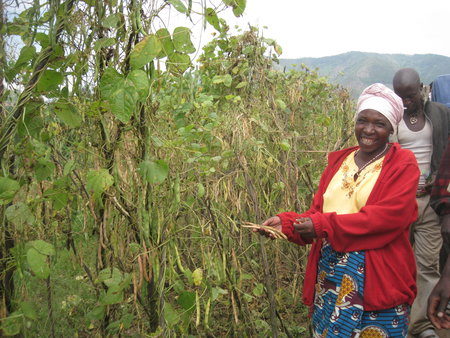
Demand-Led Breeding
For DLB materials, please use http://www.demandledbreeding.org/. The Syngenta Foundation wants to maximize the benefits of international research and development for smallholders in developing countries. Improved crop varieties are a key focus of that R&D, and can greatly contribute to improving food security. However, technology solutions alone are not enough. Customer demand is a vital ingredient for successful businesses. This also applies to the breeding of improved crop varieties for smallholder farmers in developing countries. It is essential for food security that public programs generate more varieties that farmers and their customers want to use.
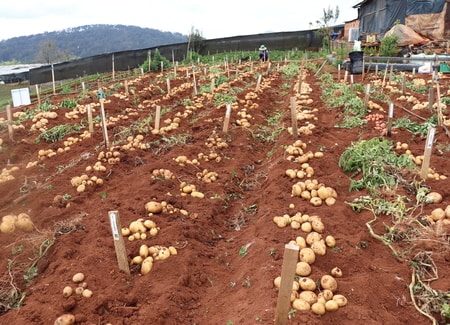
Better Potatoes for Farmers in the Tropics
Most potato varieties that are preferred by consumers and processors - for instance, those serving as a basis for crisps, chips or mash – are bred for temperate regions in the ‘global North’. They perform poorly under subtropical and tropical conditions with higher minimum temperatures and greater disease pressure. However, the crop’s high yield potential, input use efficiency, and readily consumable products make potato an interesting option for smallholders worldwide.

